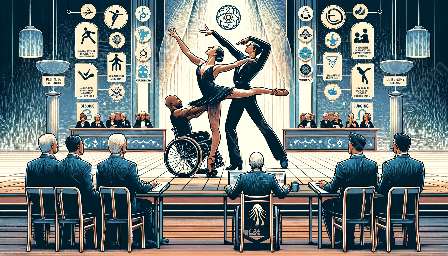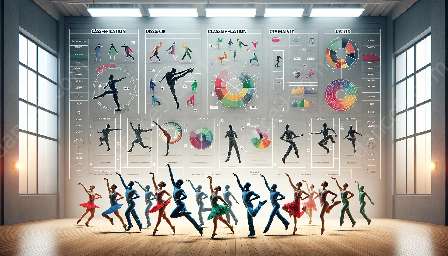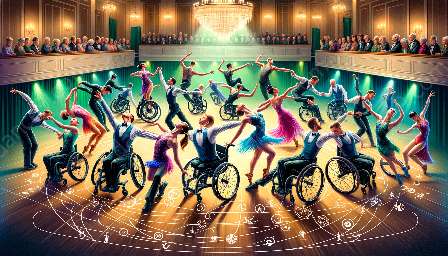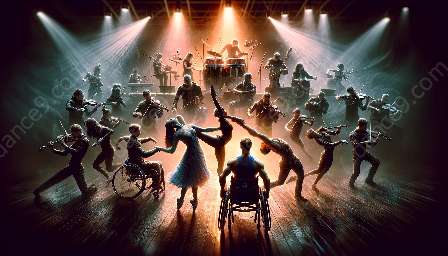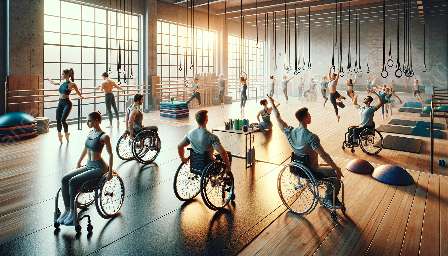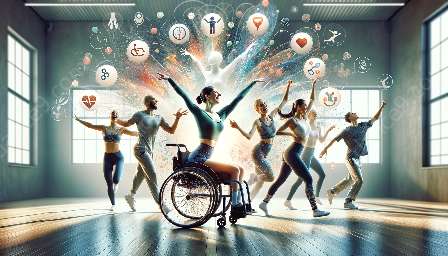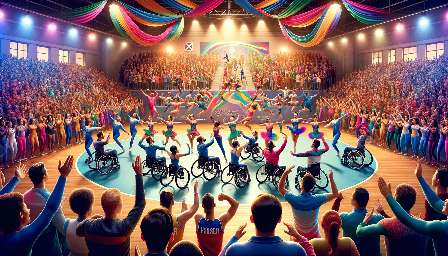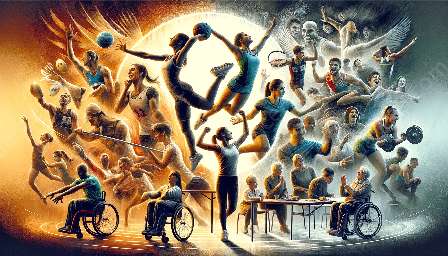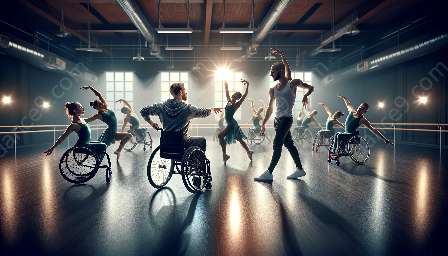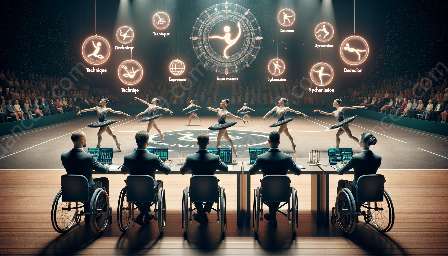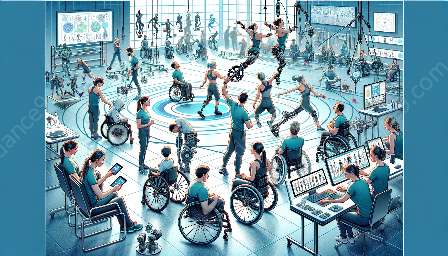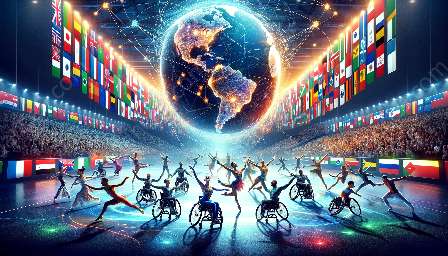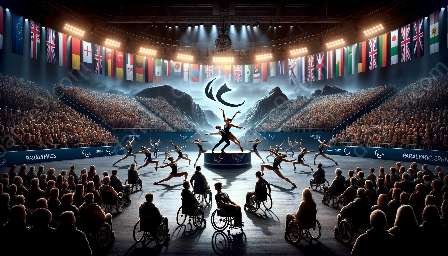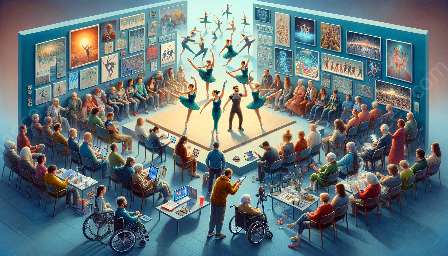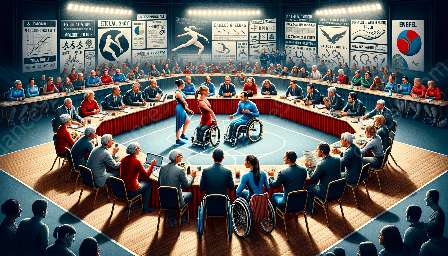Dance is a form of expression and art that knows no boundaries, and para dance sport brings the joy of dancing to individuals with physical disabilities. The use of adaptive equipment and technology in para dance sport plays a pivotal role in enhancing accessibility and fostering inclusion. However, it is crucial to consider the ethical implications surrounding the use of adaptive equipment in this context, especially in the context of the World Para Dance Sport Championships.
Understanding Adaptive Equipment and Technology in Para Dance Sport
Adaptive equipment refers to specialized devices and tools designed to assist individuals with disabilities in performing activities they would otherwise find challenging. In para dance sport, adaptive equipment encompasses a wide range of aids that enable dancers with physical impairments to participate fully and express themselves through movement.
Technology also plays a significant role in empowering para dancers. From advanced prosthetics to assistive devices, technology has revolutionized the possibilities for individuals with physical disabilities to engage in dance at a competitive level. Moreover, innovative software and applications have been developed to support training, choreography, and performance in para dance sport, further blurring the lines between art and technology.
Ethical Considerations
When discussing adaptive equipment and technology in para dance sport, ethical considerations arise that demand careful reflection. The following ethical principles are particularly salient in this context:
- Equity and Access: Ensuring that all para dancers have equitable access to adaptive equipment and technology, regardless of their economic background or geographical location, is imperative. It is vital to consider how to address potential disparities and ensure equal opportunities for all participants.
- Autonomy and Dignity: Respecting the autonomy and dignity of para dancers is essential. The use of adaptive equipment should empower dancers to express themselves authentically while upholding their right to self-determination. This involves promoting individual choice and avoiding paternalistic attitudes that could undermine the agency of para dancers.
- Inclusivity and Representation: Embracing diversity and promoting inclusivity is a core value in para dance sport. It is essential to consider how the use of adaptive equipment and technology can contribute to a more inclusive environment that celebrates the unique abilities and talents of all participants. Representing the diverse experiences of para dancers through the design and development of adaptive equipment is equally crucial.
- Integrity and Fairness: Upholding integrity and fairness in competitive para dance sport is paramount. Ethical considerations encompass issues such as ensuring that adaptive equipment does not confer unfair advantages and maintaining the integrity of the sport. Striking a balance between technological advancements and preserving the fairness of competition is a complex yet critical ethical challenge.
Impact on World Para Dance Sport Championships
The World Para Dance Sport Championships serve as a global platform for para dancers to showcase their skills and talents. The ethical considerations surrounding adaptive equipment in para dance sport directly influence the dynamics of the championships. The following aspects illustrate the impact of ethical considerations:
- Enhanced Accessibility: Ethical utilization of adaptive equipment and technology contributes to the enhanced accessibility of the World Para Dance Sport Championships. By embracing ethical principles, the championships can strive to be inclusive to a broader range of participants, thereby reflecting the values of fairness and equal opportunity.
- Promotion of Innovation: Ethical considerations encourage the promotion of innovative solutions in adaptive equipment and technology within the context of the championships. Supporting ethical development and implementation of technology can foster an environment that encourages creativity and continuous improvement in para dance sport.
- Cultural Shift: Ethical engagement with adaptive equipment and technology fosters a cultural shift within the para dance sport community. Embracing ethical considerations nurtures a culture of respect, understanding, and collaboration that is essential in promoting the positive evolution of the sport.
Conclusion
Exploring the ethical considerations in the use of adaptive equipment within the realm of para dance sport and its impact on the World Para Dance Sport Championships highlights the intersection of technology, accessibility, and inclusive practices. By embracing ethical principles, the para dance sport community can strive to create an environment that upholds the values of equity, autonomy, inclusivity, and fairness, ultimately enriching the sport and the experiences of para dancers worldwide.


